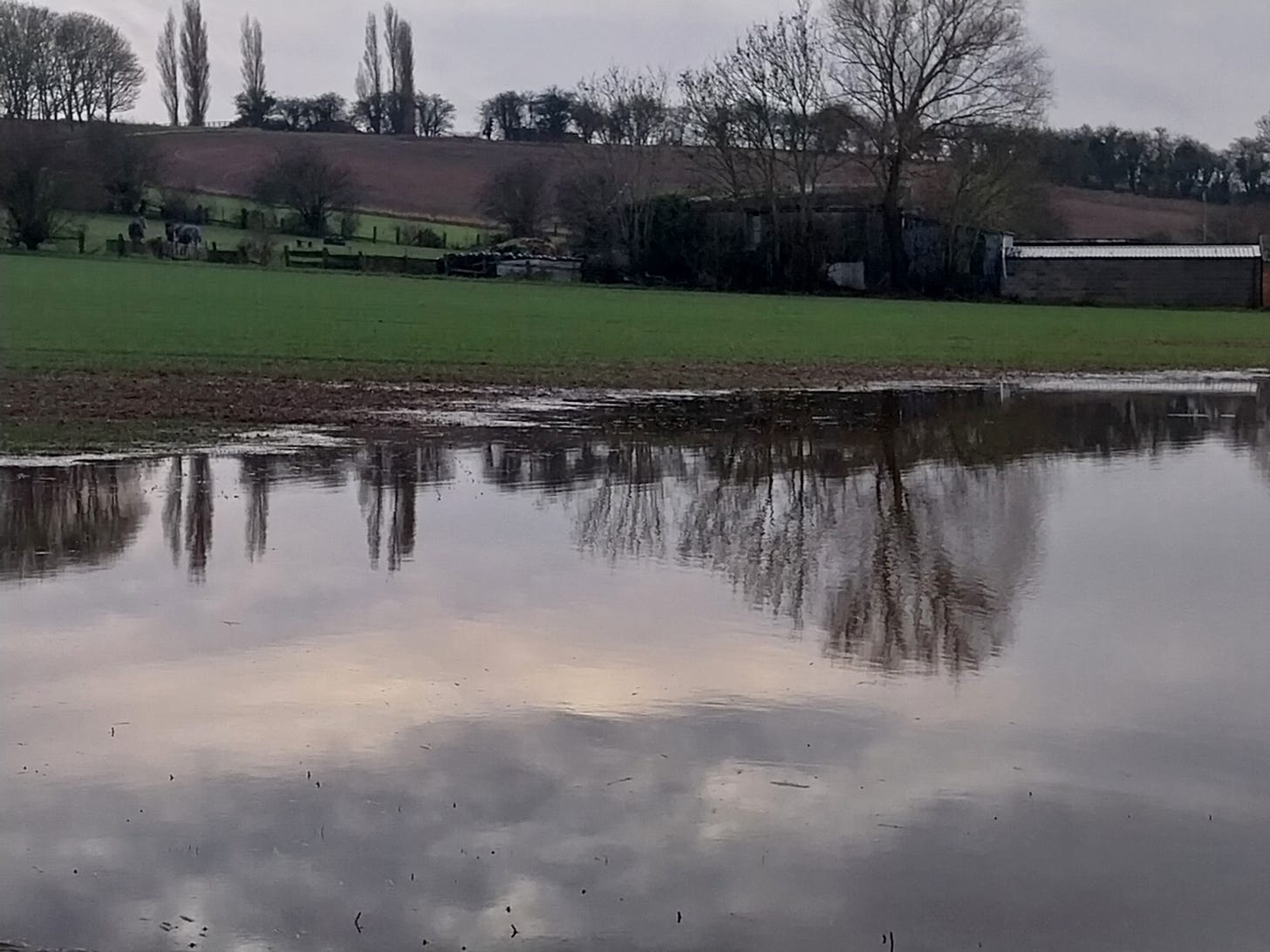Even before I came to live here, I was always drawn by the idea of the Isle of Axholme. It sounded mysterious. How could there be an island where there was no sea or great body of water? I traced three strands of my family tree to the Isle and visited their graves in green churchyards sunk in silence. When we eventually moved here, over twenty years ago, it was with a sense of coming home. In a way I barely understood, I belonged in this wide open landscape beneath the vast skies. When I walked the footpaths I had the sense I was walking in the footsteps of my ancestors. That feeling has never left me.
The ancient Isle of Axholme, in the North Western corner of North Lincolnshire, was bound in the North by the River Ouse, the River Don in the North-West, the River Trent in the East, the River Idle in the South and the lowlands of the Thorne and Hatfield Moors in the West.
The name Axholme itself is made up of several parts, originally thought to have been Axeyholme, which became corrupted to Axelholme and then Axeholme. Axe meaning water, ey meaning island, which in turn became Axel, a mixture of Celtic and Saxon. The Danes added holme, an island or grassy bank near water, or rising ground within a marsh. (Source www.axholme.info).
Much of the land which makes up the Isle was once either underwater or marshland until the great drainage scheme of 1626 to 1629, when, under Charles I, Cornelius Vermuyden drained the land. It was in effect an act of Enclosure and it completely changed the landscape.
I want to explore the impacts of the drainage in later posts but when I walk around the Isle I always have a sense of that other landscape which still hovers somewhere just out of sight. The great sheet of water called Messic Mere once filled the fields I see from my bedroom window and the people who lived where my cottage now stands made their way by shallow bottomed boat or stilts. When, today, the mist rolls across the low-lying fields, it is as though the waters have returned again and a phantom Mere occupies its place once more. Recently heavy rain has submerged the fields and I feel the Mere reasserting itself. The waters never seem far away in this land.
Since the Pandemic when the national situation and my own personal circumstances conspired to give me more time to walk the footpaths and fields around my home, my writing has been more and more pulled towards this landscape. I want to know what is beneath the surface of the soil, what layers of history and story have been buried. I want to explore what stories the land is telling today, to get under the skin of the landscape and then to sing its song.





Beautifully written. So interesting that you felt home in a place that was new to you. It's inspiring. I moved around so much, living in many different cities (and countries!) and finally found a place I feel is home.